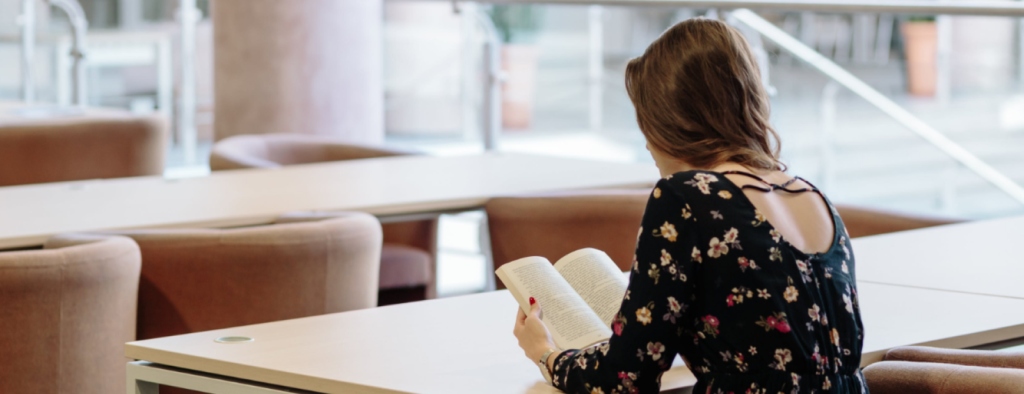- ...
Masters Compare - Find your perfect masters course.

As you start your search for a postgraduate Masters course or PhD, it is important to look at the quantity and quality of facilities dedicated to postgraduate because there can be big variations between universities. Levels of study can vary by subject area, so what can you expect?
Your academic and social needs as a postgraduate student, particularly if undertaking research, won’t be the same as those of undergraduate study and so your priorities and requirements will have changed. If you can, visit the institutions which you are considering to experience the campus and its facilities. Where this is not possible, virtual tours of the facilities are often provided on university websites and these can help you choose a university. Remember that the UK published league tables such as The Good University Guide/ The Sunday Times/ The Guardian don’t focus on money spent on postgraduate facilities so they may not be a good indicator.
Below we give some key facilities often used by postgraduates. Your own priorities will depend on your own subject and personal circumstances. A few questions you may find it helpful to ask for each include:
Outside of your own subject area, are there facilities for the broader postgraduate community, complementing the facilities and services provided by the individual academic School or Department in which you’ll be studying? Universities sometimes have postgraduate only workspaces in their libraries, as well as in other areas of the campus. This could be a reserved area within the general facilities or a bespoke Postgraduate or Graduate Centre.
As a postgraduate, it’s clearly ideal if you have the opportunity to meet and socialise with peers from other schools and disciplines in a welcoming and relaxed environment. Opening times of postgraduate common rooms and the facilities will be shared with you when you enroll on your course. Students in modern universities have access to online resources for assignments, submission of work and important news via the intranet, which will help you manage your workload as well as keep up to date with upcoming events, such as research related and social events specifically for postgraduate students.
Should a University have a Graduate School, the services provided differs from each institution. Postgraduate facilities can include study and social space as well as skills training. Graduate Schools tend to be more for PhD students than Masters but some do provide support to both. They are usually the administrative contact point for the management of students, but may also have or manage postgraduate facilities. Although skills training is not usually part if the course it is an important issue for postgraduates. You can expect skills training and workshops to be provided by a Graduate School or the Employability and Careers Service.
You will use the Library in a different way as a postgraduate student than you did as an undergraduate. Check the library has a stock of publications and, in particular, the journals you will need for your research.
Some universities now provide postgraduate-only accommodation and some also offer accommodation suitable for families and couples for students wishing to bring their families with them while studying. Accommodation for international postgraduates is managed carefully in many cases it forms part of the admissions process, but not every university guarantees this. If you require accommodation, you should contact universities as early as possible.
Some universities have specialist Careers Advisers for postgraduates and/or PhD students. Look at what dedicated guidance and advice is provided relating to careers, employability and personal effectiveness. Skills training is sometimes offered by the Careers team.